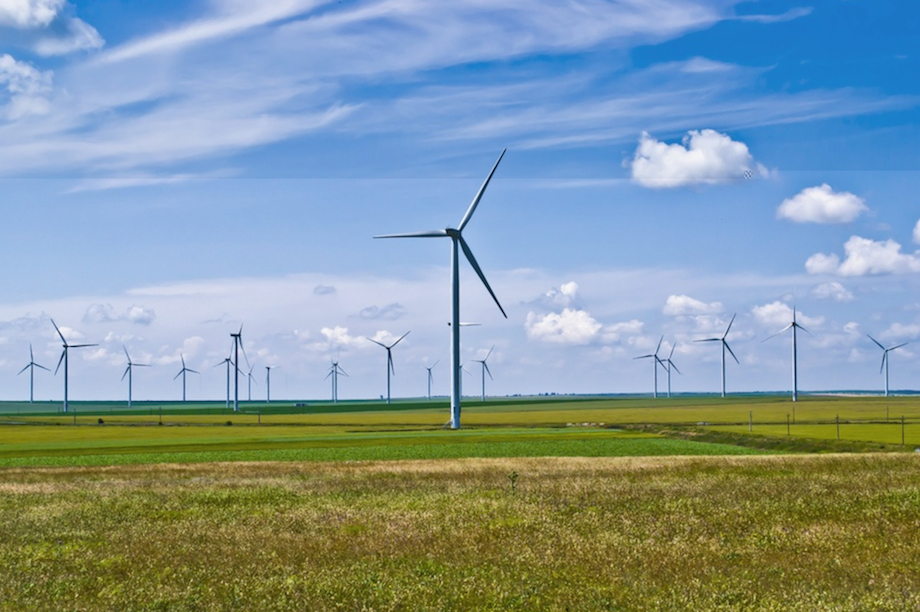Member states approved the Commission’s proposal to invest a total of €873 million to 17 projects as part of its support programme for trans-European infrastructure.
Commission vice-president for the Energy Union Maroš Šefcovic said: "These are important projects with major cross-border benefits and by implementing them we strengthen energy resilience of the EU member states."
Of the , eight are in the electricity sector, with €680 million awarded, and the other nine are in the gas sector.
The , which consists of 580 kilometres of underground high-voltage cables connecting wind power generated in the north of Germany to consumption centres in the south, will benefit from a €70 million grant.
This allocation is intended to "enable the construction works to start", the European Commission stated.
Germany transmission system operators 50Hertz and Tennet jointly own the , and are responsible for the northern and southern parts respectively.
It will consist of a high-voltage direct-current (HVDC) cable, with a voltage level of between 320 and 525kV, and a transmission capacity of 2GW.
In Romania, a new 400kV internal power line between Cernavoda and Stâlpu, will receive an allocation of €27 million. The line will help integrate wind power from the Black Sea coast, the Commission stated.
Cernavoda is also home to a nuclear plant that supplies 20% of Romania's electricity.
The Cernavoda-Stâlpu power line would "help integrate wind power projects on the Black Coast" and between Romania and Bulgaria, the Commission stated.
Romania has over 3GW of installed wind capacity, according to , the research and data division of ōuÕXśõŖ╩śĘ│Ū.
More than 2.5GW of Romania’s tally is concentrated in the country’s coastal southeast region, including the 600MW project in the coastal county of Constanta.
Elsewhere, a €578 million grant, the largest CEF grant ever awarded, was allocated to the Biscay Gulf France-Spain interconnection, intended to better integrate the Iberian Peninsula into the internal electricity market.
The 280-kilometre long underground project will increase the interconnection capacity between the two countries from 2.8GW to 5GW, the European Commission stated.
Such a leap will enable "enhanced incorporation of renewable energies", it added.
Commissioner for climate action and energy Miguel Arias Cañete said: "The construction of the Biscay Gulf France-Spain interconnection marks an important step towards ending the isolation of the Iberian Peninsula from the rest of the European energy market."
The interconnector between Denmark and the UK has also been awarded €2.8 million to support a study into unexploded ordnances along the cable route.

.png)



.png)









